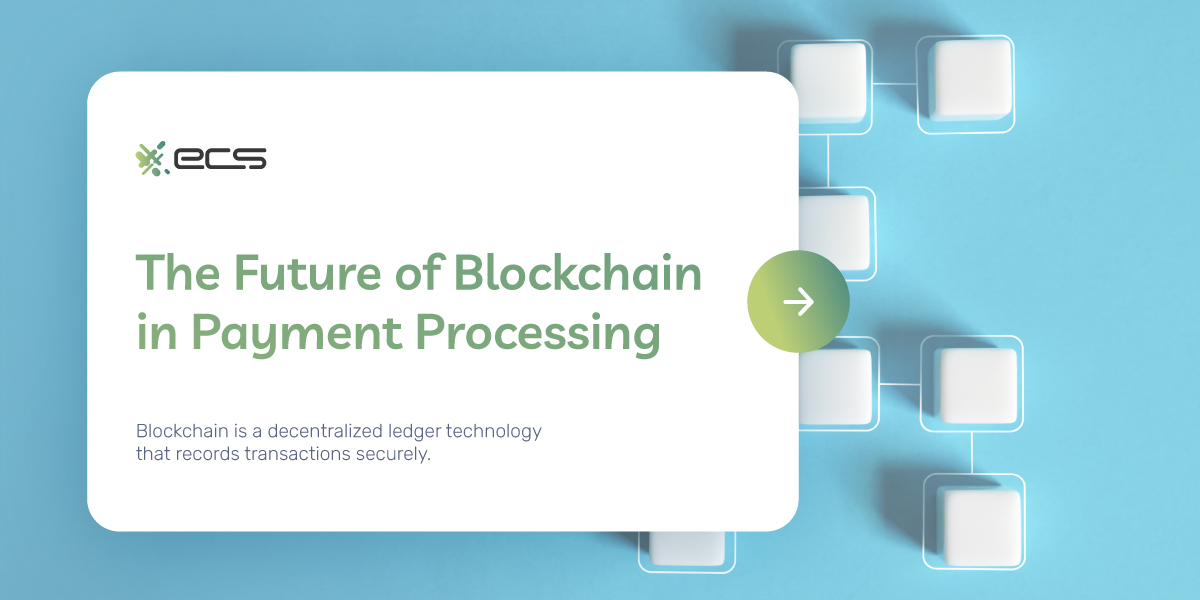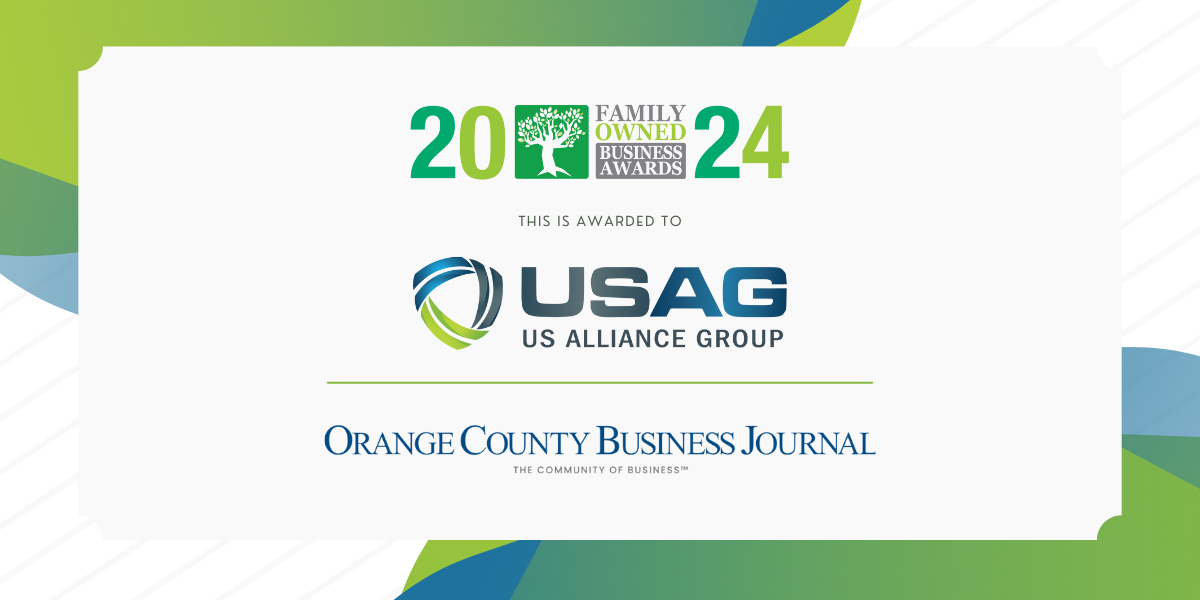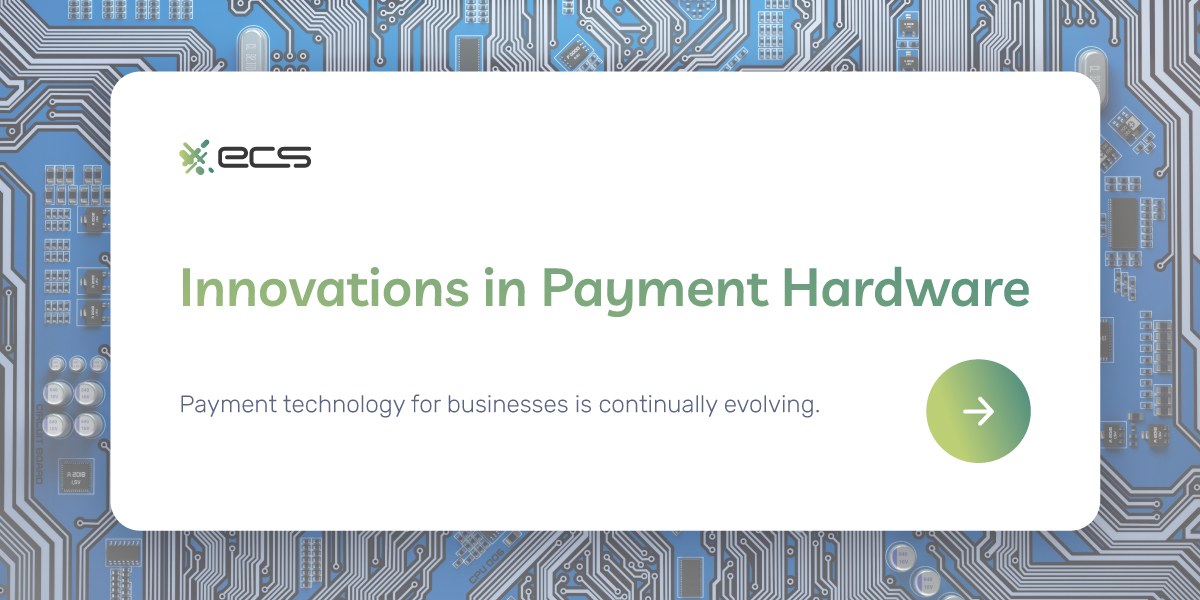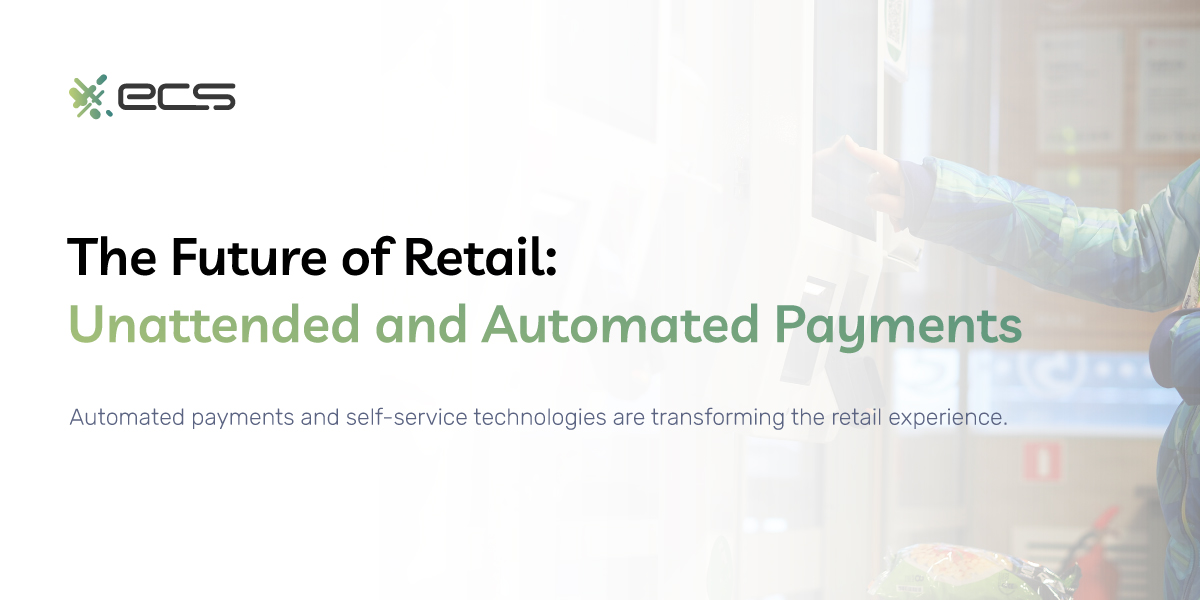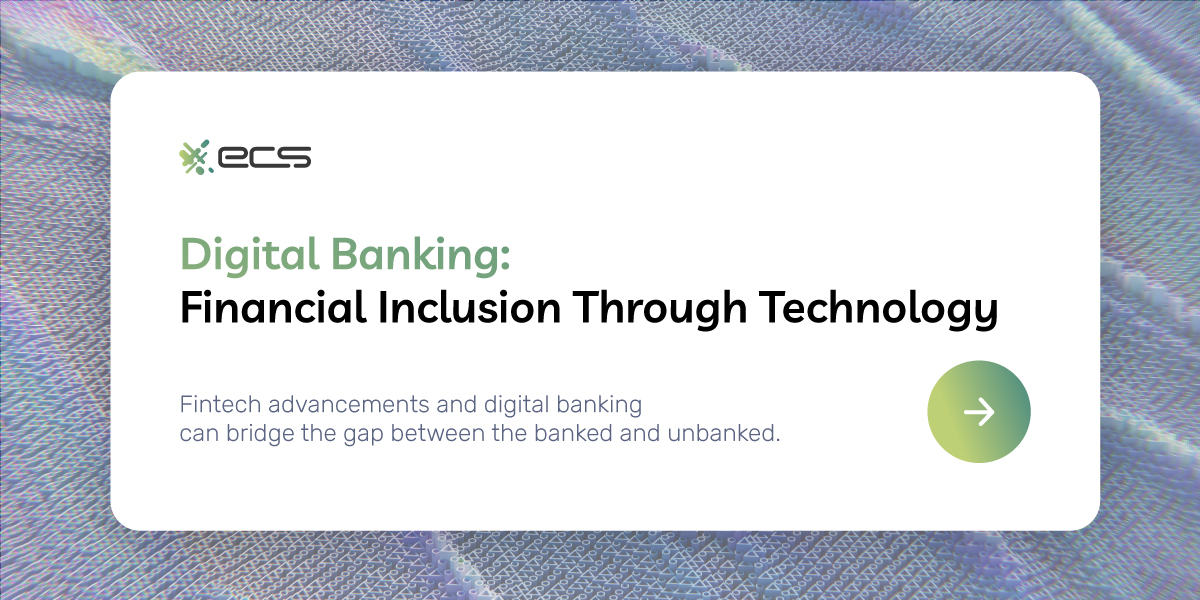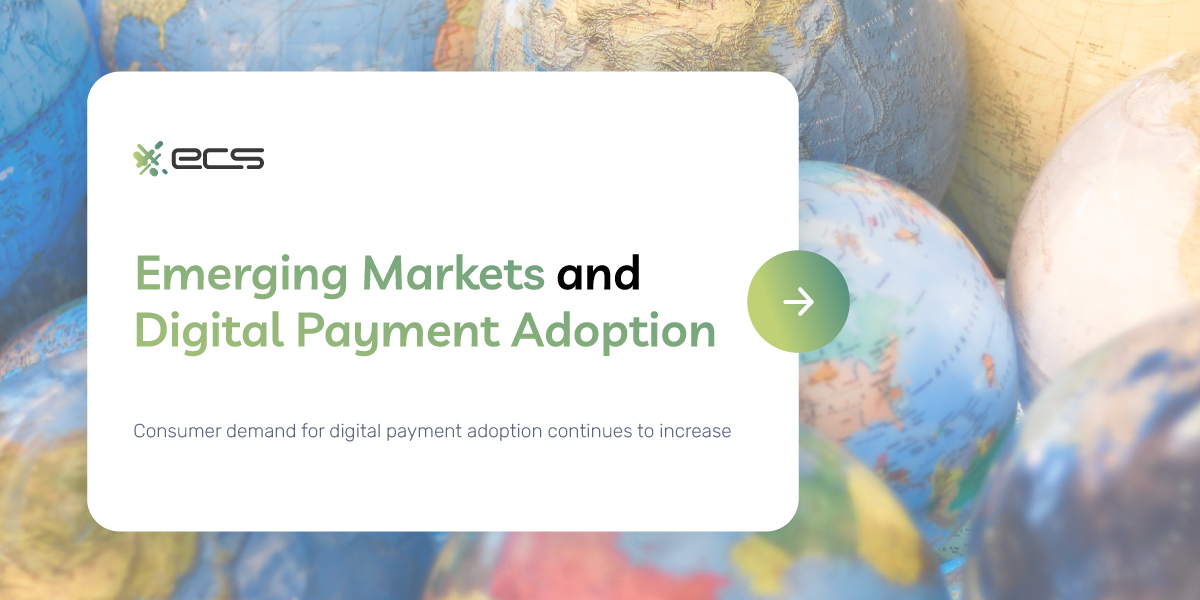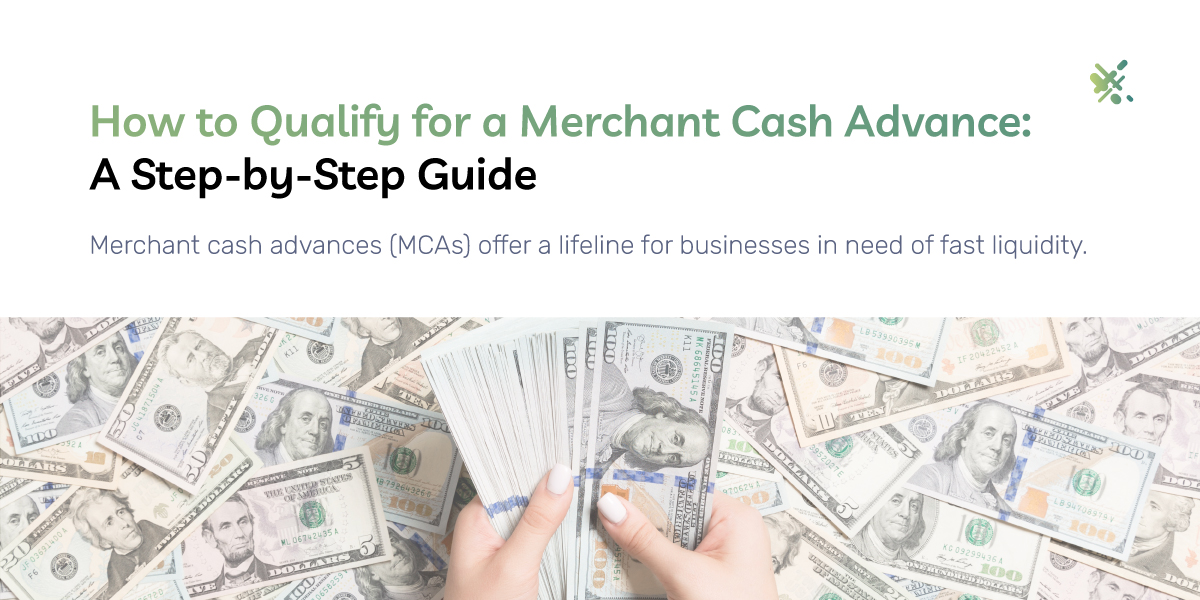Is Merchant Cash Advance Right for Your Business?
A merchant cash advance is a type of financing that benefits businesses during start up or slow periods. Repayment is tied to credit and debit card transactions.
Recent Posts
Fadi Cheikha of US Alliance Group, Inc. Honored with 2024 Midwest Acquiring Association Industry Achievement Award
US Alliance Group Inc.
Parent Company to Electronic Cash Systems
Revolutionizing the Payments Industry
US Alliance Group Inc. Secures A Spot In Orange County Business Journal’s Best Place to Work in 2024
US Alliance Group Inc.
Parent Company to Electronic Cash Systems
Revolutionizing the Payments Industry
30 Business AI Tools To Streamline Your Business
Business AI tools are designed to simplify tasks for a more efficient business. AI can revolutionize your processes, enhance profitability, and unlock new opportunities.
US Alliance Group Reviews and What Merchants Have to Say About The Payment Processor
USAG Reviews depict real examples of how the payment processing company excels in customer satisfaction, dedication to excellence, and industry leadership.
US Alliance Group Has Been Named To Inc.’s 2024 Best Workplaces List
US Alliance Group Inc.
Parent Company to Electronic Cash Systems
Revolutionizing the Payments Industry
The Future of Blockchain in Payment Processing
Blockchain technology in payment processing has benefits including enhanced security transparency, traceability, cost-efficiency & global reach.
Payment Processing for the Gig Economy And Freelancers
Payment processing options for freelance and the gig economy aren’t all equal. If you are a freelancer or gig worker you have choices with how you accept payments.
Digital Identity Verification and Payments
Digital identity verification enhances transaction security and streamlines KYC compliance by using advanced digital ID methods.
US Alliance Group Inc. Is Recognized By Orange County Business Journal At The 2024 Family Owned Business Awards
US Alliance Group Inc.
Parent Company to Electronic Cash Systems
Revolutionizing the Payments Industry
Innovations in Payment Hardware
Examining the latest in POS technology, from smart terminals to portable devices for small businesses. Your payment hardware could make or break your business.
The Future of Retail: Unattended and Automated Payments
Improvements in automated payment technology has really improved customer checkout experiences, except at small businesses.
The Role of Social Media in E-commerce Payments
Businesses can use social media to create social proof and leverage influencer marketing along with paid ads to increase their eCommerce payments.
Digital Banking: Financial Inclusion Through Technology
Fintech advancements and digital banking can bridge the gap between the banked and unbanked, creating more financial inclusion.
Emerging Markets and Digital Payment Adoption
Consumer demand for digital payment adoption continues to increase, leading to the emergence of new markets and driving global economic growth.
The Impact of Quantum Computing on Payment Security
With AI advancements and quantum computing on the horizon, payment security may be threatened. Here’s what you need to know as a business.
How to Qualify for a Merchant Cash Advance: A Step-by-Step Guide
Merchant cash advances are easy to apply for. Providers care more about your processing than your credit and you will simply need a few things to qualify.






